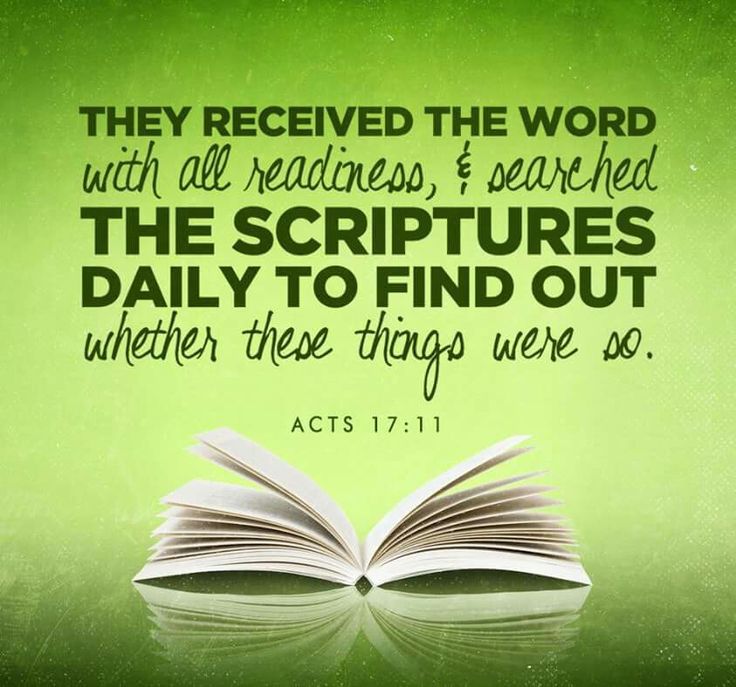There are two similar expressions in the Bible where disciples are described as, “in Christ” and “in the Lord”. Obviously both Christ and Lord refer to the same person, the Son of God. But do the different expressions therefore just mean the same thing? Well, not really, or at least not always! Usually when God chooses different words in Bible verses it is because He wants us to understand distinctive differences between them.

Jesus is Christ because He is God’s chosen and promised deliverer of people on earth (that is the essential meaning of “Christ”). Having accomplished the work of salvation, He is now seated at God’s right hand in heaven (Col.3:1).
Jesus is Lord because He is supreme over all, and is therefore to be obeyed (Acts 2:36,37; 10:34-42)
We only get to be “in Christ”, that is included in the group He has delivered, by the action God takes, by making us a new creation (2 Cor.5:17,18), saving us from hell and putting us into the Church that is the Body of Christ (1 Cor.12:13,18). Once we are spiritually “in Christ” no one can remove us from that position (Rom.8:38,39). There are no distinctions between people who are seen simply as “in Christ”, neither by gender nor religious background nor social status; we are all one (Gal.3:28).
Although all believers are surely “in Christ”, not all of them will fully obey Him in their lives; they may be driven by personal preferences, what makes them happy.
When we read: “rejoice in the Lord” the focus is Him; He is the person we are joyful about, though our joy may come and go. But when we read: “obey those who are over you in the Lord” (1 Thess.5:12) the focus is firstly on us, how we are acting in the position of responsibility we are in. If it had said “in the City” we would know our responsibility was to obey City leaders or police officers. The Bible verse simply means we are to be obedient to those the Lord is using in governing us. He is Lord, the Supreme One, but if He exerts His authority by using other people on earth, we must obey them if we are to properly obey Him as they pass on His instructions. This is an important concept.
In the church which is the Body of Christ (i.e. all those who are “in Christ”) there are no distinctions based on e.g. gender, but we find that distinctions must be respected in a local church (1 Tim.2:8-15; 1 Cor.11:11). It is one way we show we are obedient to the Lord. There are quite a few other distinctions between the “Church the Body” and local churches of God (see here for more details), although no doubt God intends everyone who is “in Christ” to be a disciple in a local church of God. A church of God should be the best place for a Christian to show they are “in the Lord”, that is living in obedience to Christ as Lord.
If we read Acts 2:47 we see how the Lord adds people together in a place (Jerusalem in that first instance). Reading back to Acts 2:41,42 we can see these people were saved by Christ (His work) and were then baptized (their decision to obey Him) and then continued together (their continuing decisions, day by day, to serve Him together). We get an abbreviated statement of that process in Acts 5:14, where it simply says multitudes were “added to the Lord”, so that’s how we get to be “in the Lord”.
Children are told to obey their parents “in the Lord” (Eph.6:1). The last three words are important. If the parent gives instructions to them which are contrary to the Lord’s directions, the child would not be obeying “in the Lord” by doing things the Lord obviously does not agree with. The same is true in a marriage relationship (Col.3:18). So “in the Lord” needs to be understood as clarifying both who we should obey and in what context. Sometimes we have little choice (Col.3:22; Eph.6:5); the context is important.
When the Bible says “obey those who are over you in the Lord” the context is serving God in a church (1 Thess.1:1). When it tells people to stand firm or agree together “in the Lord” (Phil.4:1,2), the context is again people serving together in a church of God (Phil.1:1). When a widow considers remarriage the guidance is marry “in the Lord” (1 Cor.7:39, written to the church of God in Corinth 1 Cor.1:2).
The people the Lord uses to govern us in the church are called over-seers (Acts 20:28; 1 Tim.3:5; 1 Pet.5:2,3); they are men who act like shepherds watching over and leading a flock of sheep. And the sheep have to do what their shepherds direct them to do, for their benefit. That is the way the Lord governs His people.
Ideally a church of God results from people jointly wanting to obey the Lord together. So as we read the New Testament it is worth noting the context where we find the term “in the Lord” and think if it can be fully implemented without being with other disciples in a church of God setting. Exceptions will prove the rule!